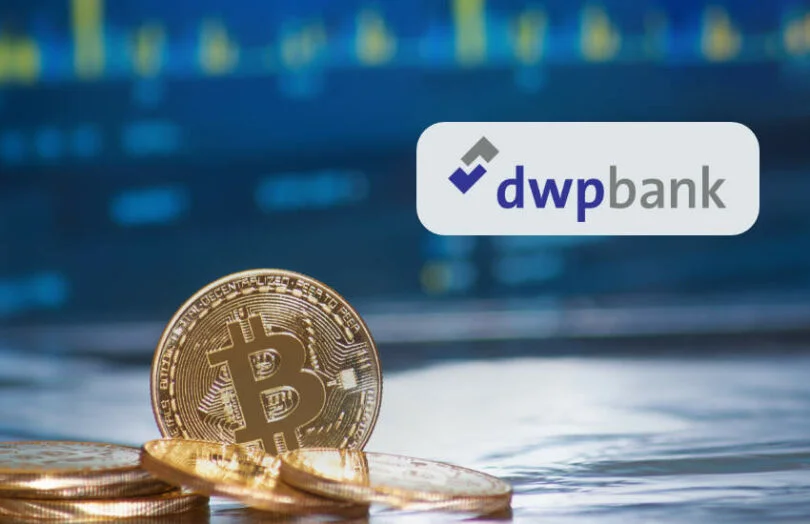Introduction
The Department for Work and Pensions (DWP) functions as the UK authority for welfare benefit administration by providing financial support to entitled claimants. DWP bank account checks serve as a crucial element of its strategy to detect and recover cases of benefit fraud.
DWP has raised its oversight standards so claimants now need to understand how their financial data can be accessed by the department. The following content examines the legal system regarding DWP bank account checks in addition to investigation signals while offering guidance on preventing conflicts during benefit receipt.
DWP’s Authority and Legal Framework
The DWP operates under strict legal guidelines when investigating benefit claims. Several key laws and regulations allow the DWP to access financial information to prevent fraud and recover overpayments:
Key Legislation Governing DWP Investigations
- The Social Security Administration Act 1992 grants the DWP authority to investigate fraud.
- The Data Protection Act 2018 & GDPR regulate data collection and privacy protection.
- The Welfare Reform Act 2012 strengthens the DWP’s ability to prevent benefit fraud.
These laws establish a framework that allows DWP data sharing with banks to verify claimant eligibility and detect fraud. However, these investigations must be justified, with sufficient evidence before financial information is accessed.
Criteria for Bank Account Monitoring
Not all benefit claimants are subject to DWP financial information access. The DWP primarily investigates individuals who meet specific criteria, such as:
- Exceeding capital limits Certain benefits, like Universal Credit and Income Support, have capital limits. If savings exceed £16,000, claimants may no longer be eligible.
- Unreported income or savings If a claimant fails to disclose additional income sources, the DWP may initiate a benefit fraud investigation.
- Prolonged overseas transactions Claimants receiving benefits while spending extended periods abroad may trigger an investigation.
- Irregular financial activities Large or frequent deposits/withdrawals inconsistent with a claimant’s financial circumstances can raise red flags.
Understanding these triggers helps claimants remain compliant and avoid unnecessary scrutiny.
Methods of Information Gathering
The DWP employs various methods to gather financial data. These include:
1. Collaboration with Banks and Financial Institutions
Through DWP data sharing with banks, financial institutions provide information about specific accounts under investigation. Banks must comply with legal requests from the DWP.
2. Data Sharing Agreements
The DWP has agreements with agencies such as:
- HM Revenue and Customs (HMRC) to verify income and tax records.
- Local Authorities To cross-check housing benefit claims.
- Credit Reference Agencies To assess undisclosed financial assets.
3. Tip-Offs and Whistleblowing Reports
Reports from the public, employers, or even anonymous tip-offs can trigger a claimant’s bank account scrutiny. If an investigation is deemed necessary, the DWP may request further details from financial institutions.
Impact on Benefit Claimants
DWP monitoring affects claimants in several ways, including:
- Regular reviews and compliance checks Ensuring that claimants continue to meet benefit eligibility criteria.
- Potential benefit overpayment recovery Receiving higher payments than awarded will trigger a request for repayment from the DWP.
- Fraud investigations and penalties The law imposes fines and prosecution as punishments for cases of intentional fraud.
Despite systemic claimant verification practices, the law protects the rights and fair treatment of all applicants.
Privacy Concerns and Safeguards
While DWP fraud prevention measures help curb abuse, concerns over privacy concerns and DWP monitoring have grown.
How Is Data Protected?
- Strict regulatory oversight Agencies such as the Information Commissioner’s Office (ICO) monitor how the DWP handles personal data.
- Data minimization Only necessary financial data is accessed.
- Transparency obligations The DWP must provide claimants with reasons for an investigation if action is taken.
Claimants worried about privacy should stay informed about their rights under legal rights benefit claimants regulations.
Case Studies and Examples
Several high-profile cases highlight how DWP compliance regulations operate in real-world scenarios.
- Case 1: Undisclosed Savings
A claimant receiving Universal Credit failed to report a savings account exceeding £16,000. Following an investigation, benefits were suspended, and repayment was required. - Case 2: Overseas Transactions
A pension claimant received payments while spending 10 months abroad. The DWP flagged unusual transactions, leading to a temporary benefit suspension.
These examples illustrate why it’s crucial for claimants to be transparent about their financial status.
Public Perception and Criticism
Many advocacy groups argue that DWP compliance regulations unfairly target vulnerable individuals. Critics claim that:
- Errors in investigations have led to wrongful suspensions.
- Data-sharing agreements infringe on privacy rights.
- Stress and anxiety result from aggressive scrutiny.
Public pressure continues to influence policy adjustments to make investigations fairer and more transparent.
Comparative Analysis
Other countries have similar approaches to benefit fraud detection:
| Country | Approach to Benefit Monitoring |
| UK | DWP collaboration with banks & HMRC |
| USA | IRS audits and Social Security checks |
| Germany | Automated bank transaction analysis |
| Australia | AI-driven fraud detection |
The UK’s system aligns with global practices but remains a topic of ongoing debate.
Legal Recourse and Support for Claimants
If a claimant believes they have been unjustly targeted, they can:
- Request an explanation from the DWP.
- Challenge benefit suspensions through an appeal.
- Seek legal advice from advocacy groups or solicitors.
Understanding legal rights ensures fair treatment under DWP compliance regulations.
Future Developments and Policy Changes
As technology evolves, DWP financial information access is likely to become more sophisticated. Future changes may include:
- AI-based fraud detection systems
- Stronger privacy safeguards
- Policy reforms addressing claimant concerns
Ongoing discussions will shape the balance between fraud prevention and claimant rights.
Balancing Fraud Prevention and Individual Rights
While preventing fraud is essential, authorities must also respect personal privacy. Striking the right balance requires
- Transparent policies from the DWP.
- Independent oversight of investigations.
- Public awareness of compliance requirements.
Claimants should remain proactive in understanding their rights while ensuring they meet eligibility criteria.
FAQs
Can the DWP check my bank account without my permission?
Yes, but only under specific conditions, such as suspected fraud or overpayments.
What triggers a DWP bank account investigation?
Unreported income, exceeding savings limits, and unusual overseas transactions are common triggers.
How does the DWP get access to my bank details?
Through data-sharing agreements with banks, HMRC, and other financial institutions.
What happens if the DWP finds suspicious activity?
Claimants may be asked to provide evidence, face benefit suspension, or be required to repay overpayments.
How can I protect myself from wrongful investigations?
Ensure accurate reporting of financial circumstances and seek legal advice if targeted unfairly.


GIPHY App Key not set. Please check settings